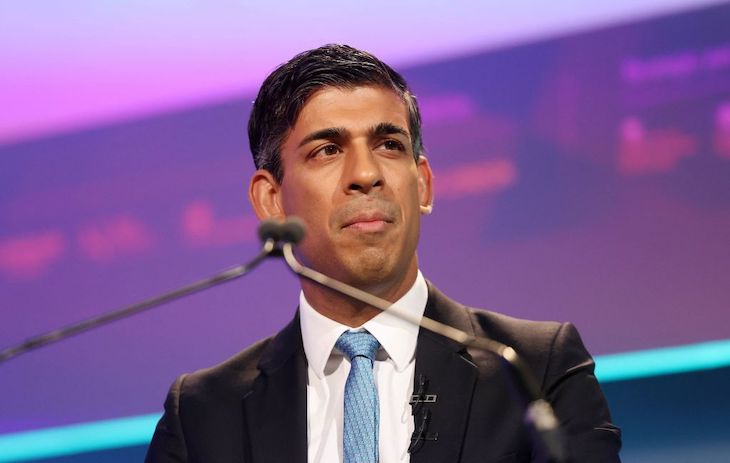Is cutting, or abolishing, inheritance tax the key to keeping the Tories in power? Inheritance tax is certainly unpopular and is described by some voters as a ‘death tax’. Back in 2007, the Tories were in a similar predicament to the one they find themselves in now: they consistently trailed Labour in the polls. But that year, the party made a surprise announcement, pledging to raise the inheritance tax threshold. The Tories subsequently regained their lead and went on to win the next general election.
As the next election looms, and Labour continues to lead in the polls, Conservative MPs are feeling nervous. Some think that a major announcement to significantly cut, or even scrap, inheritance tax could be the solution. Numerous media reports say that the Conservative Growth Group, a caucus of 50 Conservative MPs, is calling for this ahead of the Autumn Budget. There is only one problem with this analysis. The public’s views on inheritance tax are more complicated than that.
Those who think a cut or abolition of inheritance tax should be wary
Each year, over £100 billion is being passed between generations. The size of inheritances and their impact has been growing rapidly in the past decade. Unsurprisingly inheritance tax is unpopular. If you ask a simple question ‘Do you think inheritances should always be completely tax-free?’ – as Demos did during its research on this subject – a majority of the public (55 per cent) agree.
Unfortunately, proponents of cutting or scrapping inheritance tax tend to stop there. But the practicalities of taxing inheritances make this subject far more complicated.
When you present the public with specific figures, three quarters of Brits believe that some level of inheritance should be taxed. This is despite the public being offered the choice to say that all levels of inheritance should be tax-free. This is true across all political parties. Three in four Conservative voters agree that some form of inheritance should be taxed; 78 per cent of Labour voters think the same, as do 84 per cent of Lib Dem voters. Moreover, when asked about what the threshold for paying inheritance tax should be, the average response was £300,000. This is slightly less than the current inheritance tax threshold, which is £325,000. This indicates that the public is not looking for big increases in the inheritance tax threshold.
There are also nuances between different forms of inheritance: voters believe that we should be more generous in the inheritance tax system on savings acquired through work, but less generous on second homes. The point is that the public do not see inheritance as an amorphous blob but recognize that there are differences between different types of assets and how they have been acquired. Politicians and policy makers should respect this nuance.
As you’d expect, the richest in our society think that inheritance tax thresholds should be higher than they are currently (around £500,000), whereas those on lower incomes think it should be lower (around £250,000). Campaigners for abolishing inheritance tax should appreciate the importance of geographical differences too. People in the South of England (excluding London) typically think that the inheritance tax threshold should be £500,000, twice as much as those in the North of England. This is likely due to house prices being higher in the South than in the North.
Those who think a cut or abolition of inheritance tax should be wary. Initially, there may be support for this sort of announcement. However, as more information emerges about the implications of this decision, the public mood may shift. The growth in inherited wealth and the precarious financial position of the state mean that politicians need to tread carefully.






Comments